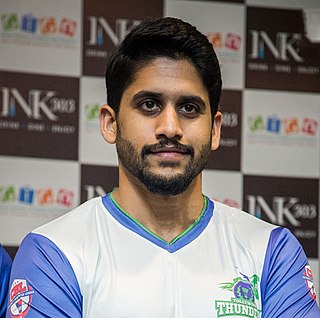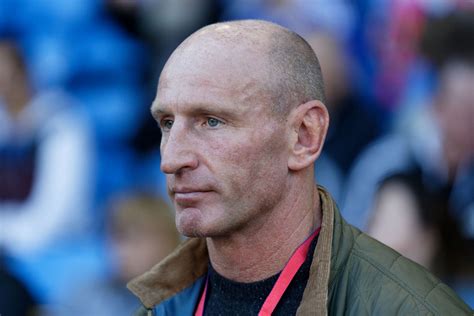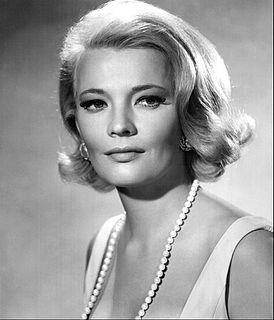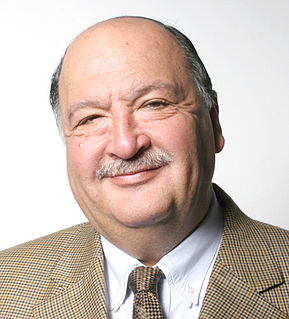A Quote by Naga Chaitanya
When I told my father about Samantha, he simply laughed and said that he is happy and that he already knew about our love story.
Related Quotes
But Jude,' she would say, 'you knew me. All those days and years, Jude, you knew me. My ways and my hands and how my stomach folded and how we tried to get Mickey to nurse and how about that time when the landlord said...but you said...and I cried, Jude. You knew me and had listened to the things I said in the night, and heard me in the bathroom and laughed at my raggedy girdle and I laughed too because I knew you too, Jude. So how could you leave me when you knew me?
When I was little I knew my father had been an orphan and had lived in an orphanage. I was curious, but my father wouldn't satisfy my curiosity. He told only one story about the orphanage, and that was of sneaking out and buying candy, which he sold to other orphans. He said he had a pretty good business going - till he was busted! I guess he told that anecdote because he was the hero of it and I suspect he was rarely the hero as a child, more often the victim. There's a photo of the actual orphanage on my website, and you can see it's a forbidding looking place.
I came across an old story of mine that I'd written a decade ago. The main joke of the story is that a mother is telling her children about how she met their father online. The majority of memories the mother has all have to do with really funny links he sent her, a music download that she loved, etc. - and because of these superficial details she fell in love with the father. Reading it today, it's hardly a dystopian story; it's simply a realistic story about how people actually meet.
Even when I became cognizant of this societal problem in this country, I asked my father and my mother if they knew anything that had been passed on to them, about slavery, and my father was very reticent about it. He often said, "No, I don't know anything about it, and it was bad, it was awful and it's over and we want to get on with our lives."
I was thinking about framing, and how so much of what we think about our lives and our personal histories revolves around how we frame it. The lens we see it through, or the way we tell our own stories. We mythologize ourselves. So I was thinking about Persephone's story, and how different it would be if you told it only from the perspective of Hades. Same story, but it would probably be unrecognizable. Demeter's would be about loss and devastation. Hades's would be about love.
Thinking about making a love story without music was really frightening, Sciamma admitted. Because every love story we know, we think about 'Titanic' we think about the music, we think about 'Gone with the Wind' we think about the music, we think about 'E.T.' we think about the music, and every love story has its own tune, 'That's our song.'
If they were real, then maybe the world was big enough to have magic in it. And if there was magic — even bad magic, and Zach knew it was more likely that there was bad magic than any good kind — then maybe not everyone had to have a story like his father's, a story like the kind all the adults he knew told, one about giving up and growing bitter.
I knew that there was an aspect to this story that was beyond the typical and that it was something very important about America, about our culture, and about bringing a story to a new generation that perhaps didn't know the details of it, (and) hadn't had the visceral experience that this film is [42].
Alison [McGhee] and I have known each other since the summer of 2001. One evening we were sitting around talking about how we wished we had a good story to work on. Alison said: Why don't we work on a story together? I said: A story about what? And Alison said: A story about a short girl and a tall girl.




































